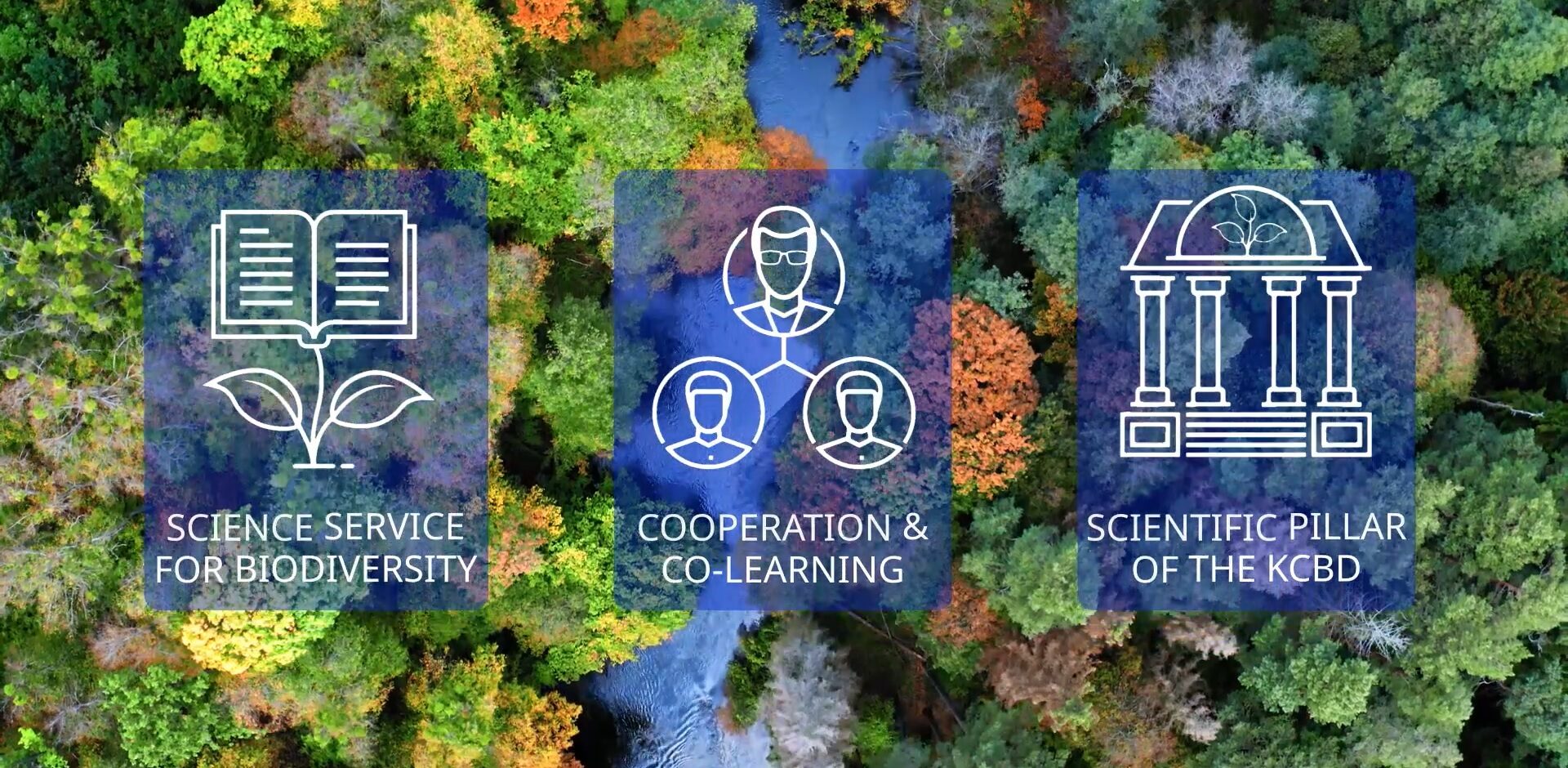The loss of biodiversity might be the most severe and complex natural challenge we face in our lifetime. For decades, our society has responded to these crises by developing policies and legislations, that on the one hand mitigate the extent of the threat, and on the other hand help the world adapt to the upcoming changes.
Despite the recent acceptance of the need for science and the diverse forms of science-policy interfaces (SPIs) to play a key role in biodiversity policy-making, gaps remain at local, national, EU and global levels. BioAgora is developing a Science Service that responds to current gaps and future requirements of SPIs, and serves as the scientific pillar of the EU Knowledge Centre for Biodiversity (KCBD).
How to achieve this?
BioAgora is creating innovative new ways to bridge the gaps between biodiversity research, practice and policy that will help the Science Service to operate in the future (check out this short introductory video for details). To this end, it will:
- analyse the current state of SPIs, assess their policy toolbox and the state of knowledge on biodiversity in Europe;
- seek to involve the widest possible range of stakeholders, both those already involved and those less integrated, as well as users of SPIs;
- form the governance structure and systems model of the Science Service through real-life testing along the projects span;
- provide capacity building of EU decision-makers to become empowered for the implementation of transformative changes in biodiversity.
More concerted action is needed to support KCBD and biodiversity policy-making in general, to reap the benefits of past work, and to better coordinate biodiversity research across Europe for the sake of supporting and strengthening the ambition of environmental policies and conventions. BioAgora aims to meet this need.
Our main tasks in BioAgora
BioAgora brings together a diverse set of expert teams, each responsible for a different task. Researchers at ESSRG are involved in the following tasks:
- T1.1: Typology of challenges for implementing the BDS2030 – To support the upscaling of lessons learned, our researchers will analyse all objectives of the EU Biodiversity Strategy and identify the challenges preventing them from being implemented.
- T4.1: Identifying key governance elements for the Science Service – Using expert questionnaires, our researchers will map the strengths and weaknesses of existing SPIs and their main governing principles, and then use the results to conduct focus group research with the same set of experts to identify which governing principles should prevail in the Science Service.
However, ESSRG’s most important task is to lead Work Package WP5, which focuses on strengthening collective empowerment across scales and sectors. It aims to:
- ensure access to the Science Service for different stakeholders, taking into account their different needs for participation and use of results;
- build capacity of key stakeholders, i.e. decision-makers, citizens and scientists, to engage in the Science Service;
- develop a shared set of values with citizens to address the challenges of the sustainability transition;
- achieve greater impact in policy-making through improved citizen science.
Among the listed objectives, ESSRG has a priority role in task T5.1, i.e. assessing the capacity needs of different SPI actors. To this end, we will map and analyse existing capacity building initiatives (e.g. the practice of IPBES Task Forces) and conduct a needs assessment of key actors in SPIs through in-depth expert interviews.
BioAgora has received funding from the European Union’s Horizon 2021 under Grant Agreement no. 101059438.
